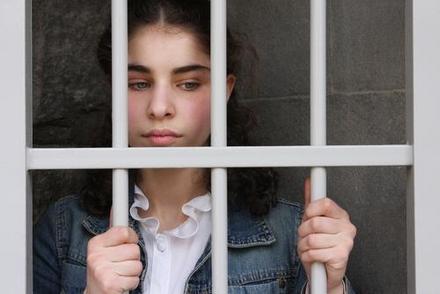TELEPHONES ANSWERED 24 HOURS A DAY
Settlement Ends Solitary Confinement Punishments for Juveniles
 With a new policy in place aimed at improving the rehabilitative success of its juvenile system, Illinois has become the 20th state in the country to end the practice of solitary confinement for inmates of juvenile facilities. The policy was the result of a settlement in lawsuit filed against the state by the American Civil Liberties Union (ACLU) which sought to improve the conditions and practices regarding juvenile inmates.
With a new policy in place aimed at improving the rehabilitative success of its juvenile system, Illinois has become the 20th state in the country to end the practice of solitary confinement for inmates of juvenile facilities. The policy was the result of a settlement in lawsuit filed against the state by the American Civil Liberties Union (ACLU) which sought to improve the conditions and practices regarding juvenile inmates.
The original lawsuit, R.J. v. Jones, was a class-action suit filed in 2012 by the ACLU on behalf of five juvenile inmates against the Director of the Illinois Department of Juvenile Justice (IDJJ). The suit claimed that the IDJJ failed to provide appropriate mental health and educational services to those incarcerated in juvenile facilities. It also maintained that inmates were subjected to solitary confinement and violent conditions within the facilities.
Rather than pursue the case in litigation, the IDJJ and the ACLU worked together in negotiating a settlement to improve conditions and fix a number of the problems addressed in the lawsuit. The settlement was approved in April by Federal District Court Judge Matthew Kennelly and the resulting policy will affect all six juvenile facilities in the state.
The most significant change in the policy is the requirement that all juvenile inmates spend at least eight hours each day out of their cells. Permitting inmates to leave their room and interact with staff essentially ends the practice of solitary confinement. Additionally, solitary confinement will no longer be used as a form a punishment; instead, an inmate may be placed in isolation for reasons related to his or her own safety or that of others. While in isolation, however, educational and mental health services must continue.
Mike Theodore, a spokesman for the IDJJ, announced that state officials have welcomed the change in policy. “We believe this policy is consistent with prevailing federal rules and national best practices,” he said. “Department of Juvenile Justice staff have been working diligently to comply with the new directive.”
While solitary confinement may no longer be utilized in the state’s juvenile facilities, the consequences related to juvenile crimes can still be extremely serious. If you child is facing any type of charges, you need the help of a Chicago criminal defense attorney. Contact the Law Offices of Hal M. Garfinkel LLC, Chicago Criminal Defense Attorney to schedule a free consultation today. We will assist you in understanding the available options and how to best proceed with your case.




